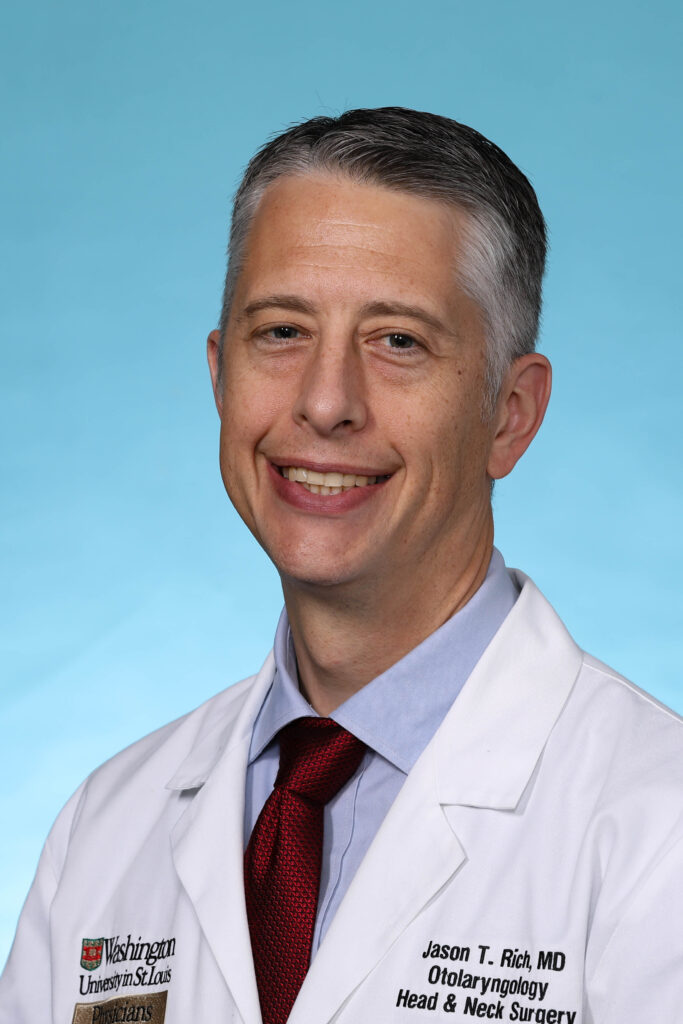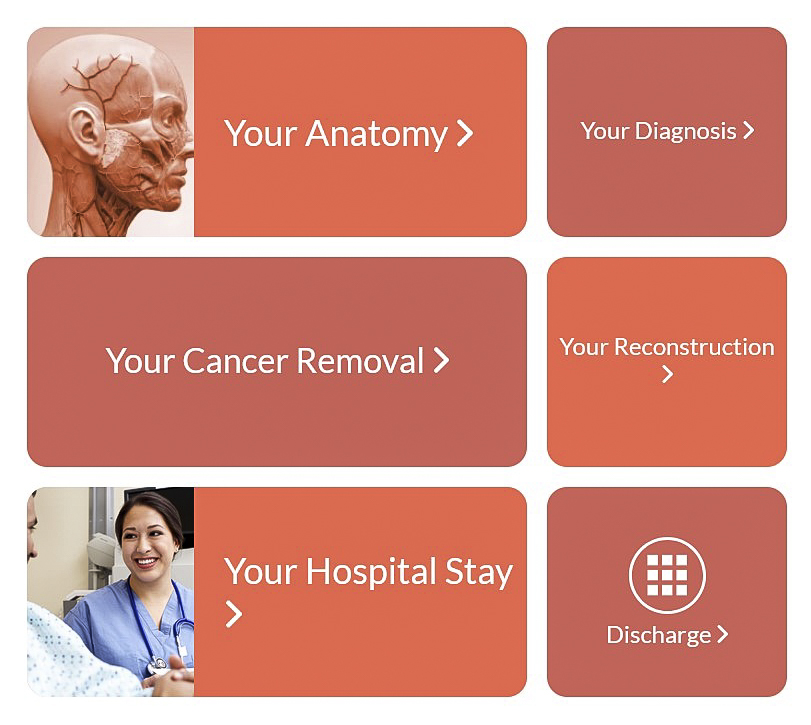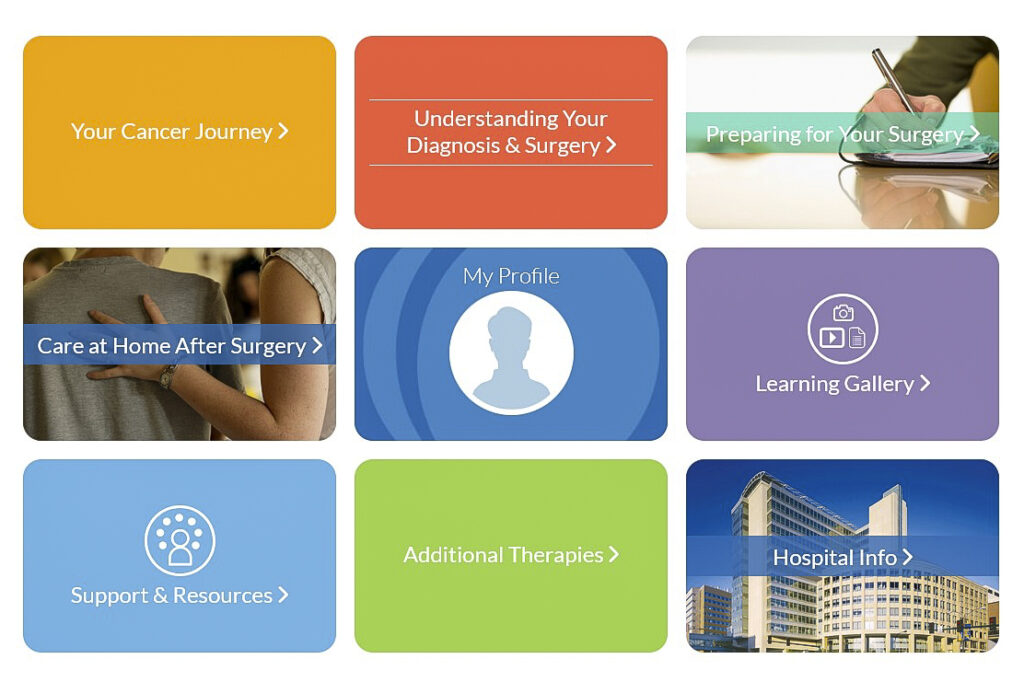Washington University head and neck cancer specialist Jason Rich, MD, is now providing head and neck cancer patients a lighted pathway to understanding their care in an online resource known as CareOrbit.
We’ve all experienced the frustration of trying to extract the truth from the mass of information we encounter using online search tools. Imagine now, that frustration turning to fear, when you’re trying to learn more about your recent cancer diagnosis.

”Complex surgeries require constant communication,” explained Rich. “To provide all that information in the context of an office visit is like asking the patient to drink from a fire hose, especially under the stress of a cancer diagnosis. When a patient uses CareOrbit, they have information regarding their specific diagnosis, surgery, and pre- and post-operative care right at their fingertips.”
Rich partnered with a St. Louis venture called Total Orbit, to build the online application and provide orbits for two of the most complex head and neck procedures: total laryngectomy or complete removal of the voice box; and free flaps, which are tissue transfers used in reconstructive procedures.
Rich credits the success of the program to the visionaries at Total Orbit and a wonderful interdisciplinary team of providers that included surgeons, nurses, radiation oncologists, speech-language pathologists, and others. Much of the information was not available in a form suitable for a web-based application and had to be created from scratch. As a result, patients get to view video instructions offered by their actual providers.
According to Jeff Coburn, Total Orbit co-founder and director of strategy and content, the tool provides web-based access to information specific to a plan of care so patients always receive the right information. The design optimizes ease of navigation on any device and uses a variety of media to present information, including text, photos, illustrations and video.

The team knows it works. A clinical trial was conducted at WashU to compare outcomes of pancreatic cancer patients that used or did not use CareOrbit. The tool proved surprisingly effective at improving patient compliance; increasing satisfaction for both patients and family members; improving patient outcomes; and reducing complications.
Rich says initial patient reactions have been very positive. He hopes to build on the success of the first two Orbits by creating others to assist patients with additional diagnoses and procedures.
“The ultimate goal is to lead the field in this type of quality content,” he said. “Along with the launch of the Head and Neck Tumor Center, we hope to establish WashU as an international leader in head and neck cancer care.”
For more information on CareOrbit, please contact Jason Rich, MD.
